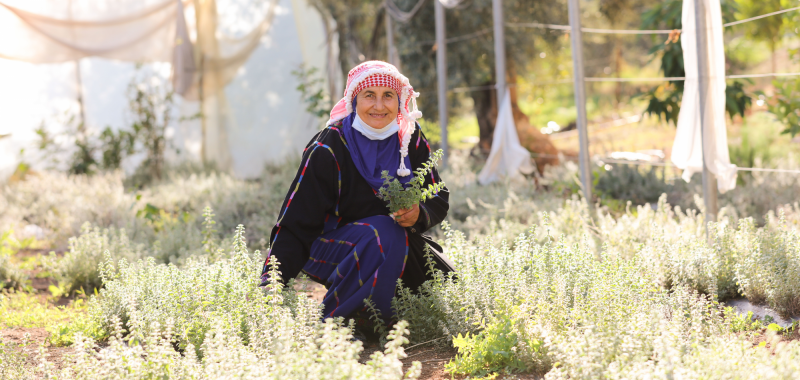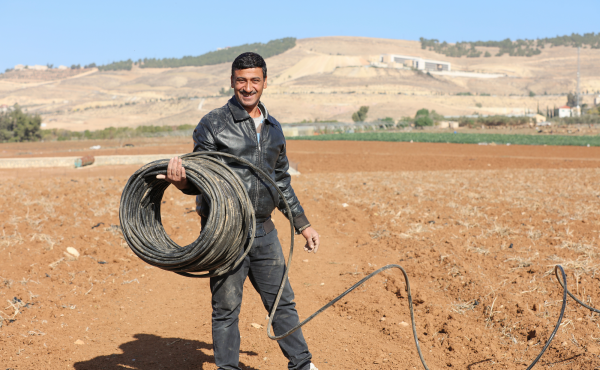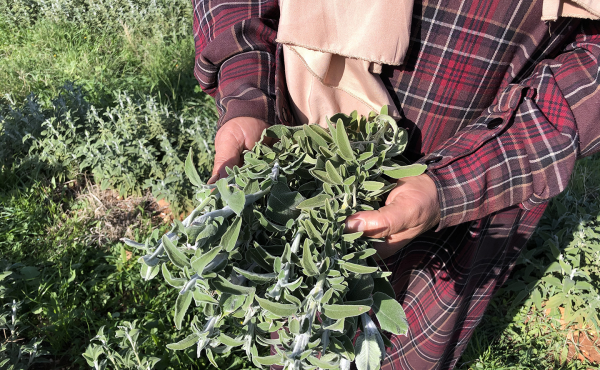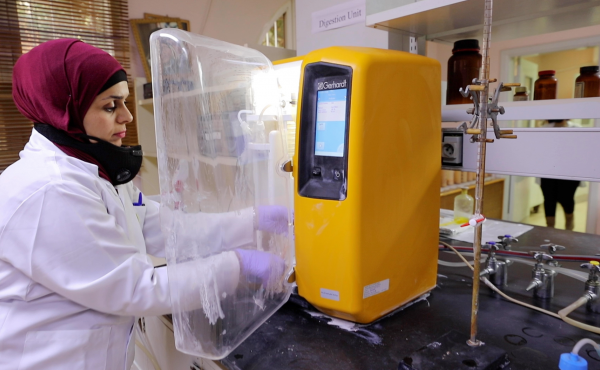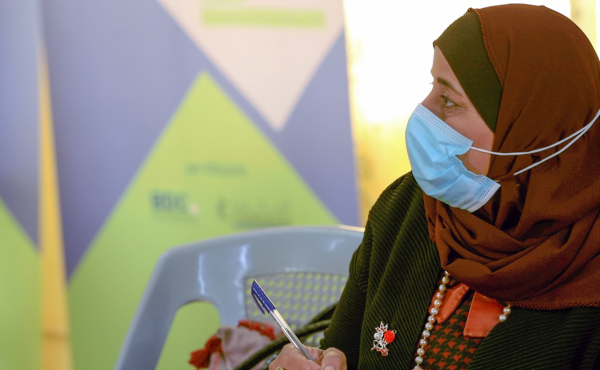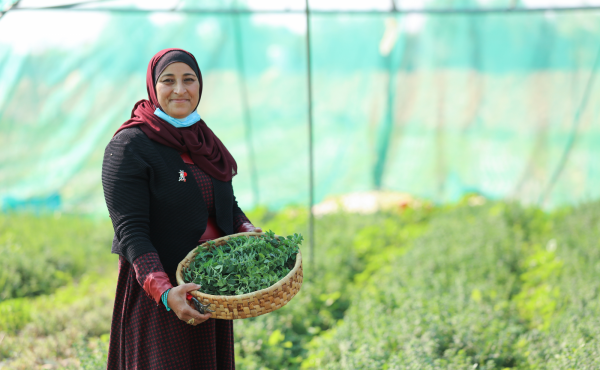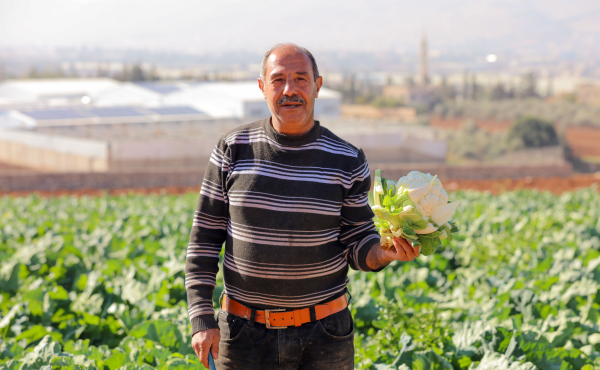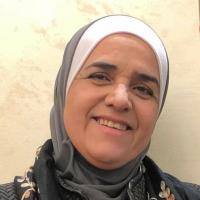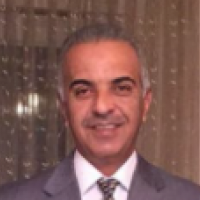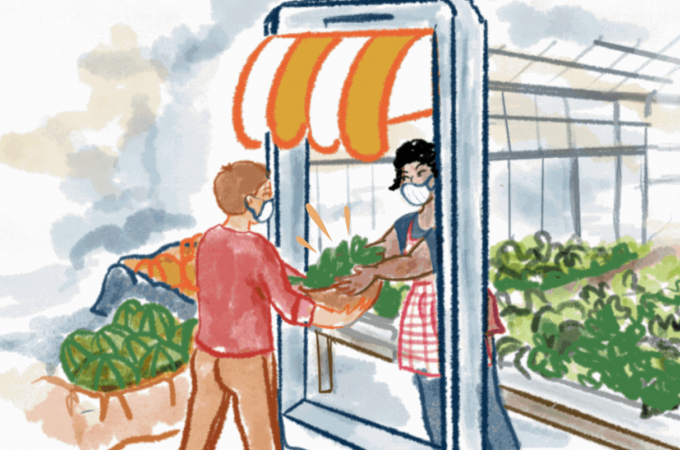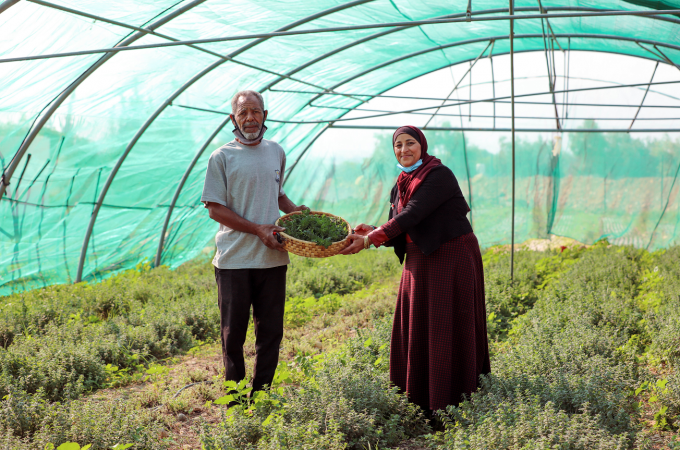In Jordan, smallholder farmers have limited capacity and resources to produce and market a healthy harvest. Fundamental challenges such as scarce water supply, energy deficits and limited agricultural land severely restrict food production. Additionally, there is a general lack of awareness of agricultural best practice and standards of food quality and safety. These compounding factors have led smallholder farmers to adopt ineffective farming techniques, such as planting crops in the wrong season or improper application of pesticides and fertilizers. All of these considerations negatively affect both the quality and quantity of yields.
With inconsistent volume and relatively low quality of products, small-scale farmers cannot compete against the large suppliers and wholesalers dominating the agro-markets both in Jordan and internationally. Structural deficiencies such as fragmented markets, weak supply chains, inadequate transport and infrastructure systems, and commercial disruption caused by reasons such as conflict in neighbouring countries further restrict smallholder farmers' access to markets. Hence, Jordanian smallholder farmers often lose their profits and land even their livelihoods when they are unable to sell their produce, and paradoxically need to rely on food assistance.



